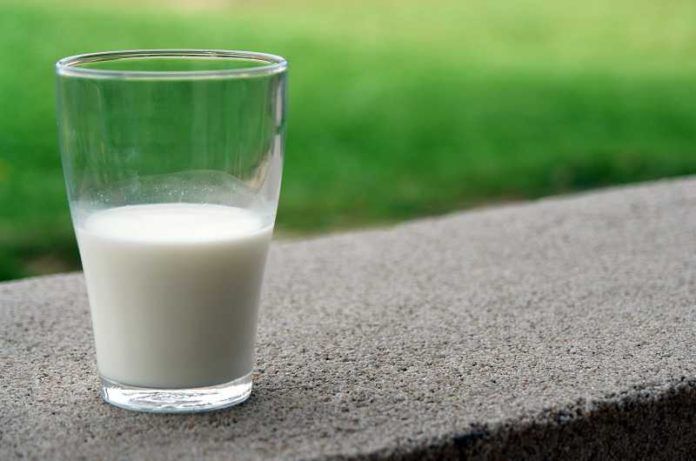With the risk that being overweight poses to children and adolescents, researchers wanted to determine if increasing the daily calcium intake in adolescent girls with habitually low calcium intake would help to combat body fat and weight gain. The findings of the study suggest that increasing calcium intake does not prevent or decrease body fat and weight gain in adolescent girls.
Over the past few years, being overweight or obese has become a significant health threat affecting so many people, especially children and adolescents, that it is now considered an epidemic. This poses a serious problem, as being overweight as a child usually transfers into adulthood and then is associated with many other diseases such as high blood pressure, heart disease, and various cancers. For this reason, there have been many campaigns targeted at reducing childhood obesity with varying degrees of success. In the past few years, theories have proposed that calcium could play a role in combating obesity through the regulation of fat cells and by decreasing the amount of fat available for absorption in the intestines. In response to this, a new study seeks to determine if increasing the calcium intake in overweight adolescent girls would help in decreasing body fat and weight gain when compared to other girls with lower calcium intake.
This study, which was published in the American Journal of Clinical Nutrition, collected data from 274 girls, aged 13 or 14, over the course of a year. Girls were selected for the study if they had a daily calcium intake of 600mg a day or less and if they had a BMI that fell between the 50th and 98th percentile. All the girls received baseline assessments that included measuring BMI, weight, height, and fat deposition. These measurements were then retaken at 6 and 12 months for comparison. Additionally, the girls were asked about their daily calcium intake and their usual amount of physical activity every 3 months. Once all measurements were taken, the girls were divided into two groups, the first of which was asked to increase their daily calcium intake to 1200mg or more per day, by consuming milk and low-fat yogurt, and the second group which was to continue on their normal diet of consuming 600mg of calcium or less per day. The results of the study indicate that increasing the daily amount of calcium consumed does not help to decrease body fat gain or weight gain. The findings actually demonstrate that the percentage of body fat in both groups increased over the course of the year. Furthermore, there was no significant difference between the amount of weight gained between the two groups over the same period of time.
These findings do not support the previous theories proposing calcium as a method for combating obesity in children and adolescents. Increasing calcium intake may not be helpful in slowing obesity rates, that’s not to say that calcium consumption is not important, especially in adolescence, as this period of growth is important for bone development and strengthening.
Written By: Sonia Parmar, BSc



